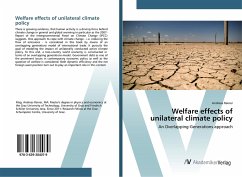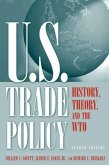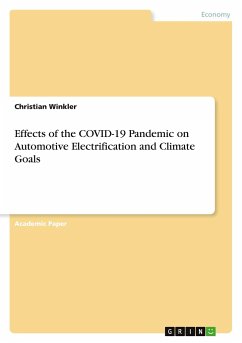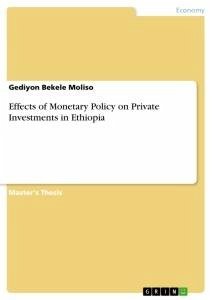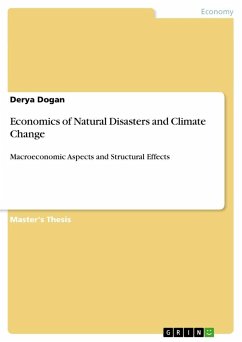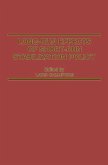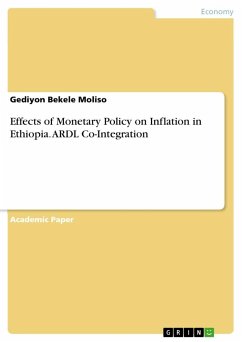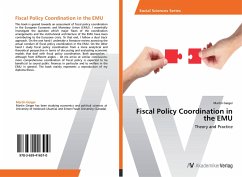There is growing evidence, that human activity is a driving force behind climate change in general and global warming in particular as the 2007-Report of the Intergovernmental Panel on Climate Change (IPCC) suggests. One approach to cope with climate change - i.e. reducing the flow of emissions - is considered in this book by means of an overlapping generations model of international trade. It pursuits the goal of modeling the impact of unilaterally conducted active climate policy. To this end, a two-country world economy is constructed in terms of an overlapping generations-model. Government debt as one of the prominent issues in contemporary economic policy as well as the question of welfare is considered. Both dynamic efficiency and the net foreign asset position turn out to play an important role in this context.
Bitte wählen Sie Ihr Anliegen aus.
Rechnungen
Retourenschein anfordern
Bestellstatus
Storno

